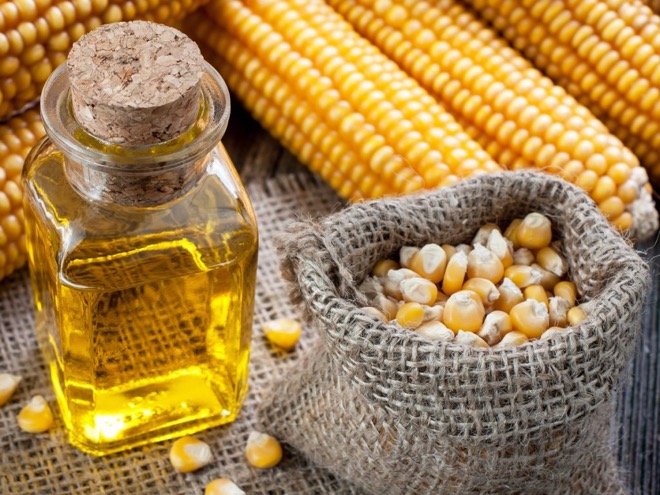GU Animal Study Finds High-Fat Diet in Pregnancy Affects Generations

Researchers at Georgetown Lombardi Comprehensive Cancer Center report that feeding pregnant female mice a diet high in fat derived from common corn oil resulted in genetic changes that substantially increased breast cancer susceptibility in three generations of female offspring.
The study’s senior author, Leena Hilakivi-Clarke, PhD, professor of oncology at Georgetown Lombardi says, “It is believed that environmental and life-style factors, such as diet, plays a critical role in increasing human breast cancer risk, and so we use animal models to reveal the biological mechanisms responsible for the increase in risk in women and their female progeny.”
A high-fat diet is linked to excess inflammation, and a number of epidemiological studies have made the connection between inflammation and risk of cancer
A gene screen revealed a number of genetic changes in the first (daughter) and third (great granddaughter) high-fat mice generations, including several genes linked in women to increased breast cancer risk, increased resistance to cancer treatment, poor cancer prognosis and impaired anti-cancer immunity. The researchers also found three times as many genetic changes in third generation than first generation mammary tissue between high-fat diet progeny and the control group’s offspring.
Read more here.
